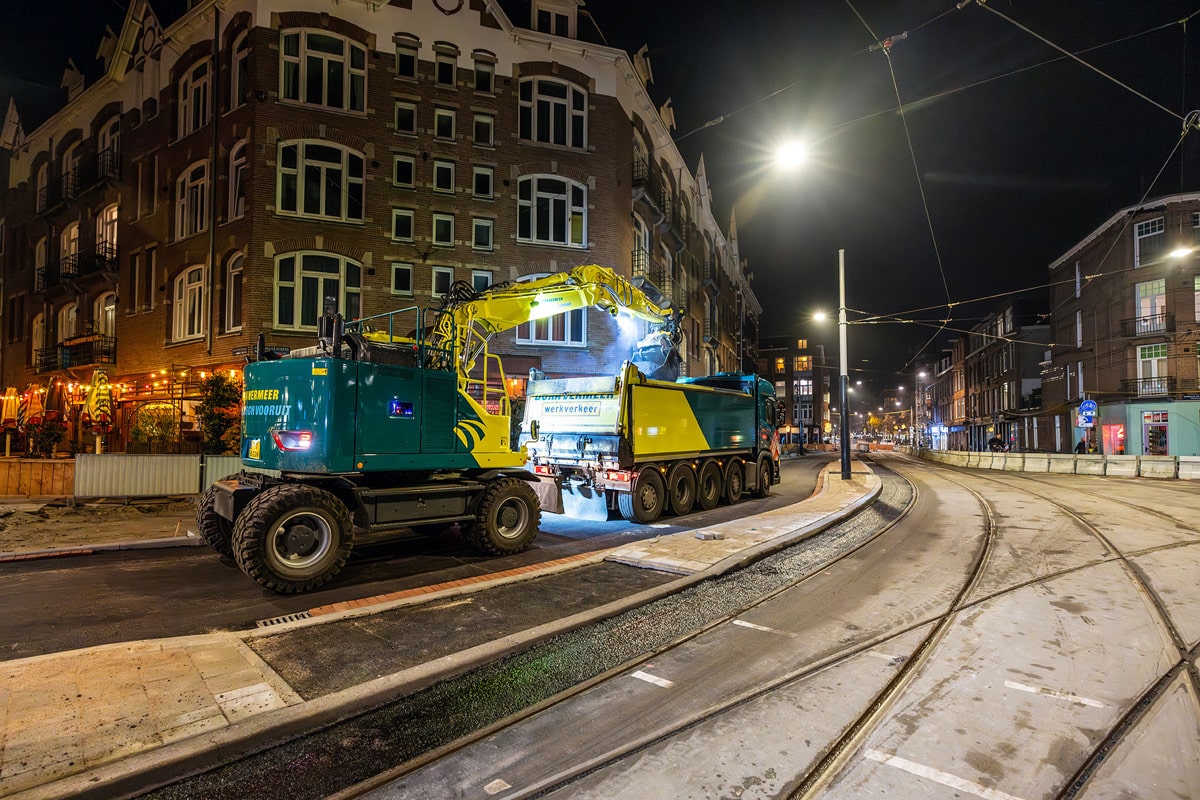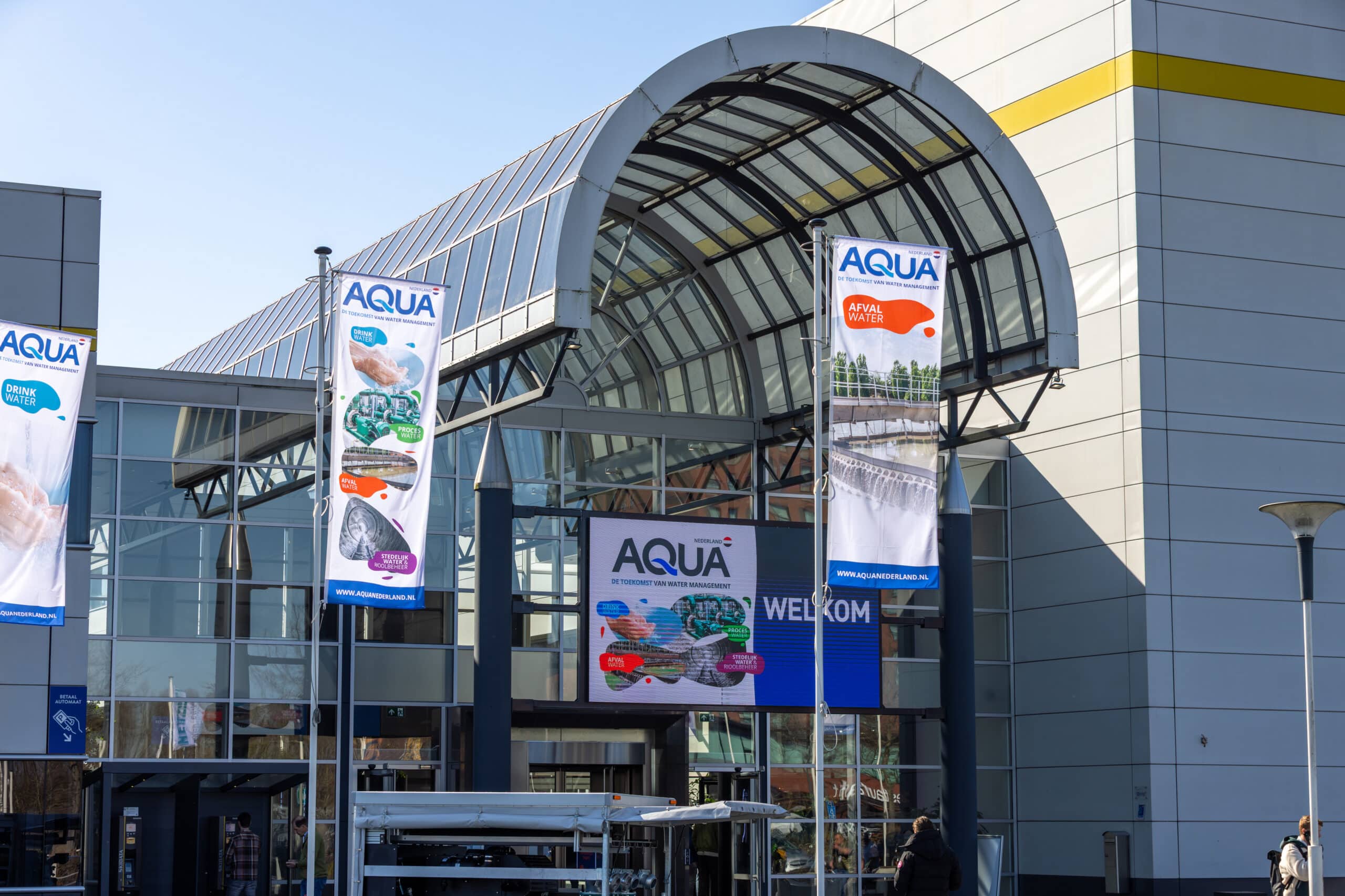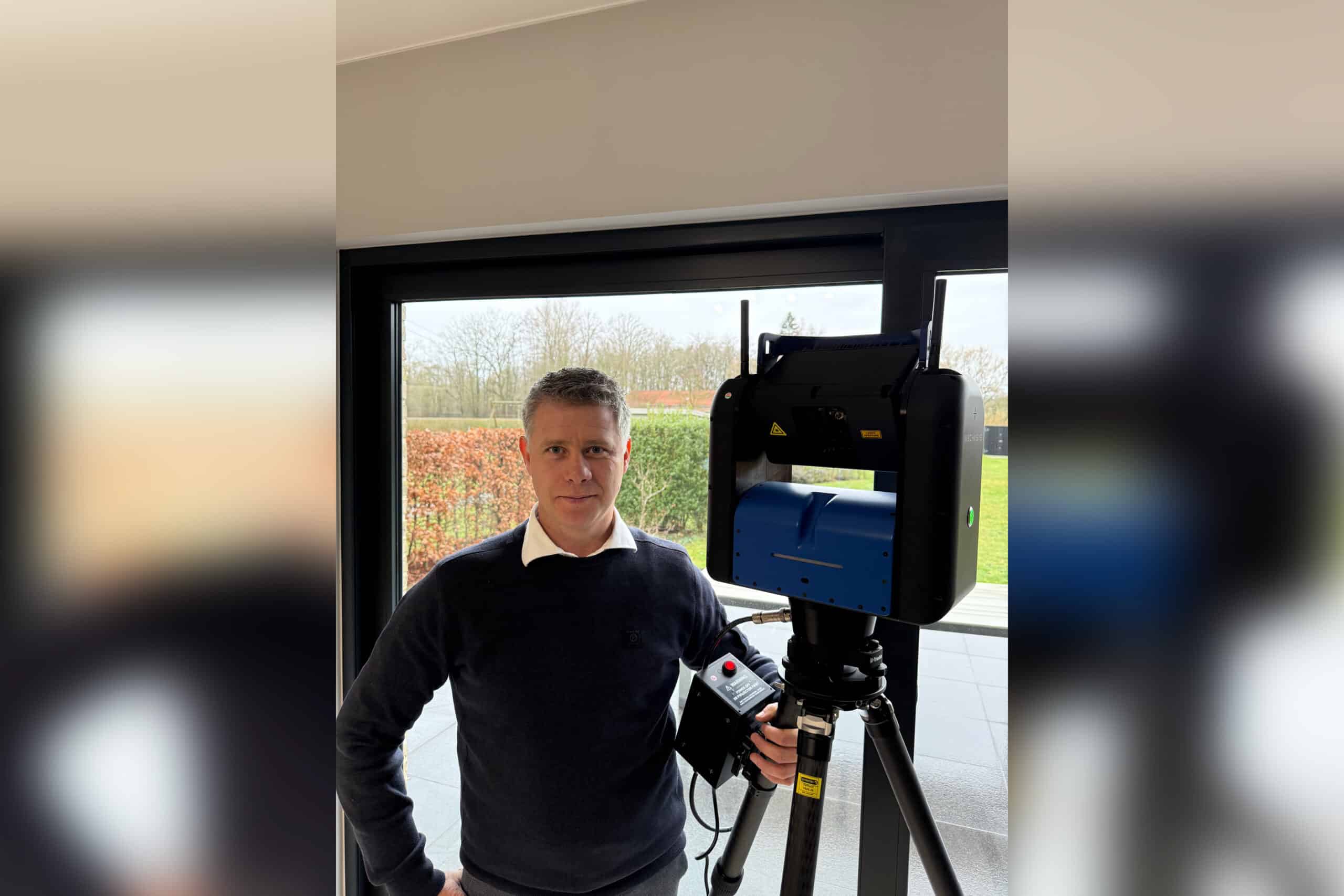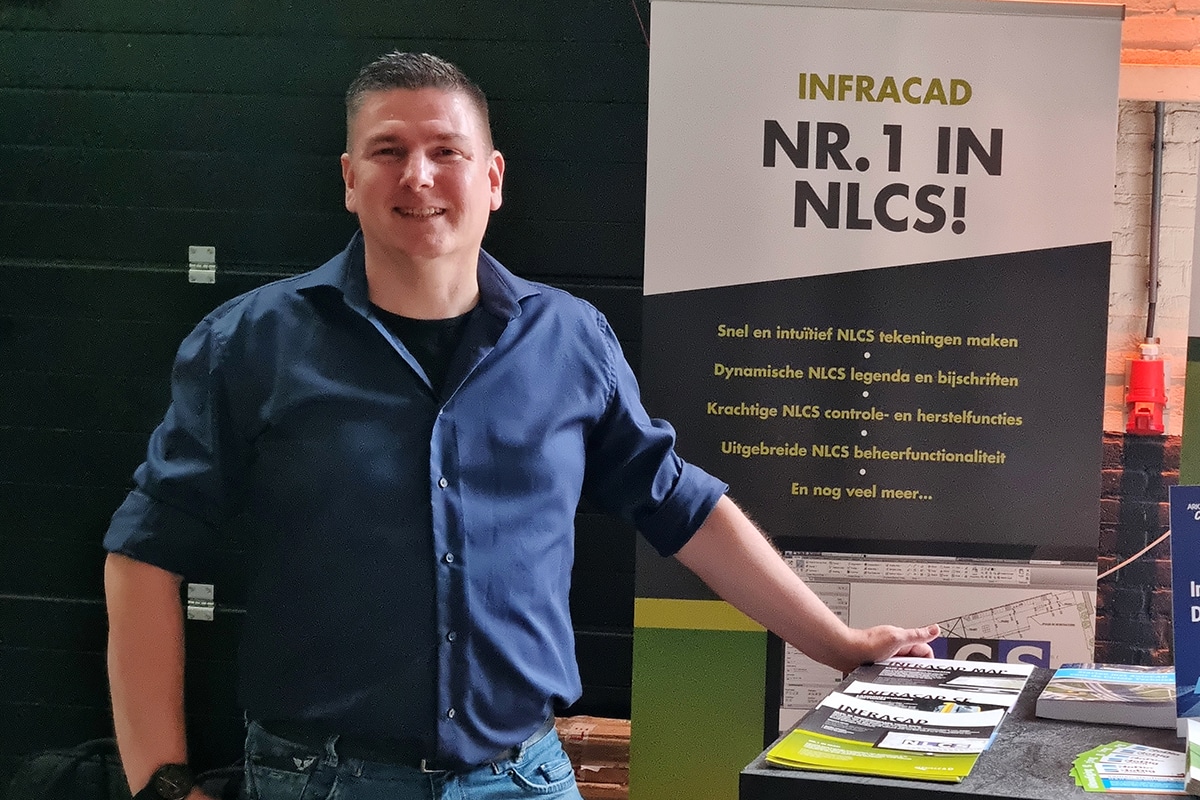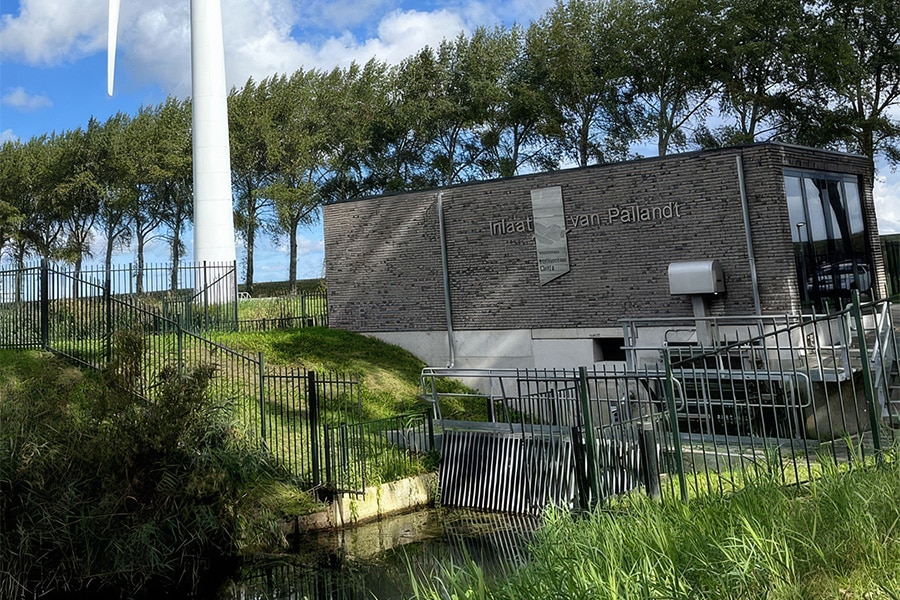
Water board takes big step with uniform OT system
Development, delivery and 15-year maintenance by one party
After years of fragmented technology and overdue maintenance, Water Board Hollandse Delta has taken a big step toward the future. The extensive program to replace and standardize the Operational Engineering systems is nearing completion. The project, which formally started in 2019, marks a new phase in the control and management of the water infrastructure of more than 700 engineering structures within the area.
The immediate reason for the project lay in the outdated systems, fragmented information and technical differences between the structures in the water board's area of operation. “In addition, there was a large maintenance backlog and a multitude of different control platforms, taken over from the former merged water boards and partly from municipalities. The existing controls still clearly reflected the situation before the merger in 2005,” says Robert Doetsch, program manager at Hollandse Delta Water Board. “We were working with six different systems, different cultures and modes of operation. That was not future-proof, especially with the challenges posed by climate change.”
European tender
The water board opted for a European tender in 2019, where technology, quality and approach were decisive. ICT Group came out on top, thanks in part to their experience in the water sector. “The main criteria on which the project was awarded to ICT Group included technology, quality and process, or in other words their approach to the project,” according to Doetsch. “The contract includes not only the development and delivery of the system, but also the management for the next 15 years with the same quality requirements.”
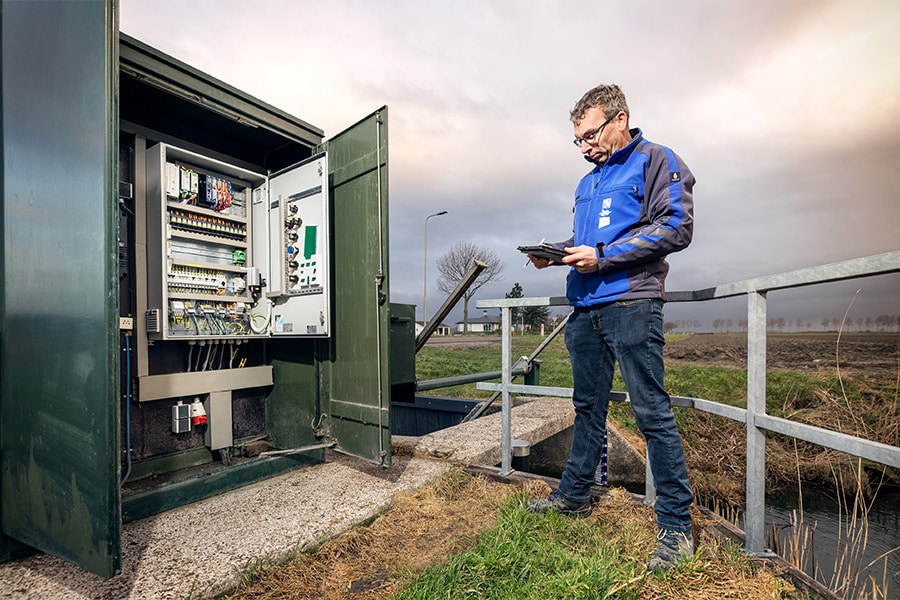
Standardization and modularity
The program began in 2018 with board approval and originally included 530 engineering structures, but has since grown to more than 700. The project was set up in phases, with a central SCADA environment and standardized software modules for both simple and complex engineering structures: from weirs and pumps to large pumping stations with vacuum installations and fish passages. “From the beginning, we focused on as much standardization and modularity as possible,” says Bart Boerman, project manager at ICT Group. “New engineering structures had to be easy to add. That also meant a lot of learning and adjusting along the way. Information often turned out to be incomplete or outdated, so the approach had to remain flexible.”
Flexibility and confidence
That flexibility proved to be one of the success factors. As opposed to the classic approach of ‘build once and don't touch again’, a system was now chosen that can be updated twice a year. According to Doetsch, this makes it possible to respond quickly to new requirements, for example in terms of cybersecurity or functionality. One of the main pillars of the project's success is the cooperation between the water board and ICT Group. “With ICT Group we have a partner that acts as an extension of our own organization,” says Doetsch. “A party we can trust and that is able to translate our wishes into concrete solutions. In the past, we used to do these types of projects ourselves, but we made a conscious decision to outsource management and future modifications to one party. Our water board is too small to maintain all the expertise, which is why ICT Group is an essential extension of our ICT department.”
Ready for the future
Most of the project will be completed by the end of this year. Then the management phase will start, in which continued development remains an important part. One of the last milestones is the Pallandt pumping station conversion, scheduled for the first quarter of 2026. “That pumping station brings together all the functionality we have developed in recent years,” says Boerman. “It is not the biggest, but it is the most complex. With the new OT system, the water board is better equipped to anticipate changing weather conditions, and can face the future with confidence,” Doetsch concludes.
